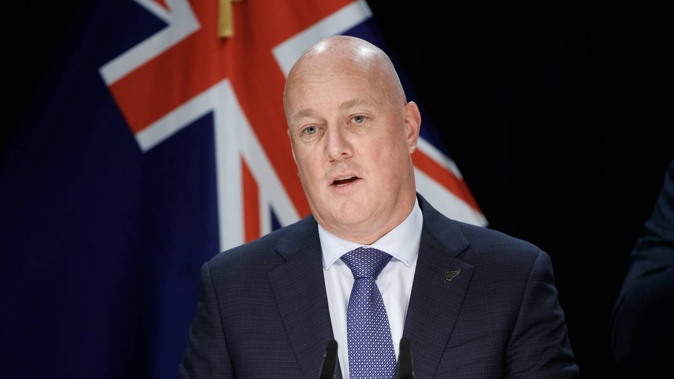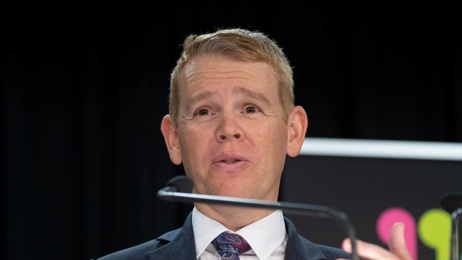
News flash: New Zealand is not the USA.
A staple of a new, or re-elected, president for decades has been to establish a 100-day plan: a political to-do list of campaign promises neatly packaged up to be ticked off as they’re completed; accompanied by a self-congratulating press release.
They’re good for accountability and, for political leaders, they’re great for getting a good headline.
For Prime Minister Christopher Luxon, there’s a stark focus on the latter.
Like previous PMs Jacinda Ardern and John Key, Luxon was quick to establish his own 100-day plan soon after he got his feet under the Prime Minister’s desk.
In fact, he established the plan during the election campaign.
And on November 29 last year, the clock started ticking: the Government had 100 days to tick off 49 commitments.
Now, deep into February, Luxon has just 14 days to tick off the last 22 promises.
The timeframe was already extraordinarily tight.
But the House rising because of the tragic death of Greens MP Efeso Collins – therefore effectively losing two full days – makes that time frame even tighter.
The question isn't: will they achieve their 100-day plan goals?
Leader of the House and senior minister Chris Bishop says yes and plans to bend the operating hours of Parliament to his whim to ensure that happens.
The questions should be: at what cost?
A cornerstone of Luxon’s plan has been new legislation. Starting with the scrapping of the Reserve Bank’s employment mandate, a steady stream of bills has made its way through the House.
And there’s been a theme for many – the use of urgency in the House.
Under normal circumstances, a bill is introduced and debated in a first reading.
If it passes, the proposed legislation goes to a select committee where MPs and submitting members of the public get to apply scrutiny while refining the bill.
This process usually takes months – sometimes years – and results in a law that has had time to be properly discussed and debated.
In short, the bill gets better.
Under urgency, in many instances, the Select Committee process simply does not happen.
“We sought a mandate at the election, and we will be carrying out that mandate,” Bishop said, adding that all new Governments have legislation they want to pass quickly.
Labour leader Chris Hipkins, however, disagrees.
"It’s cynical politics. It’s bad lawmaking and it’s also highly hypocritical – given they criticised the previous Government every time urgency was used.”
Both MPs are right, and they’re both guilty of abusing the urgency process.
When he was new leader of the House in 2017, Hipkins introduced many new bills under urgency – under the guise of Labour’s 100-day plan.
And, at the time, the then-National Leader of the House Simon Bridges made the same comments Hipkins made this week.
They’re all as bad as each other, but it’s the rest of us that suffer.
There is nothing special about the first 100 days in office. It’s an arbitrary number that ultimately means nothing.
Aside for the opportunity for winning Governments to boast about "a successful 100 days" -- the only real purpose it serves is imposing an unnecessarily tight timeframe.
Laws take a long time to craft and pass because they affect millions of people.
They shouldn’t be rushed in a bid to tick them off a list in a bid to win a few political points.
Take your Radio, Podcasts and Music with you









